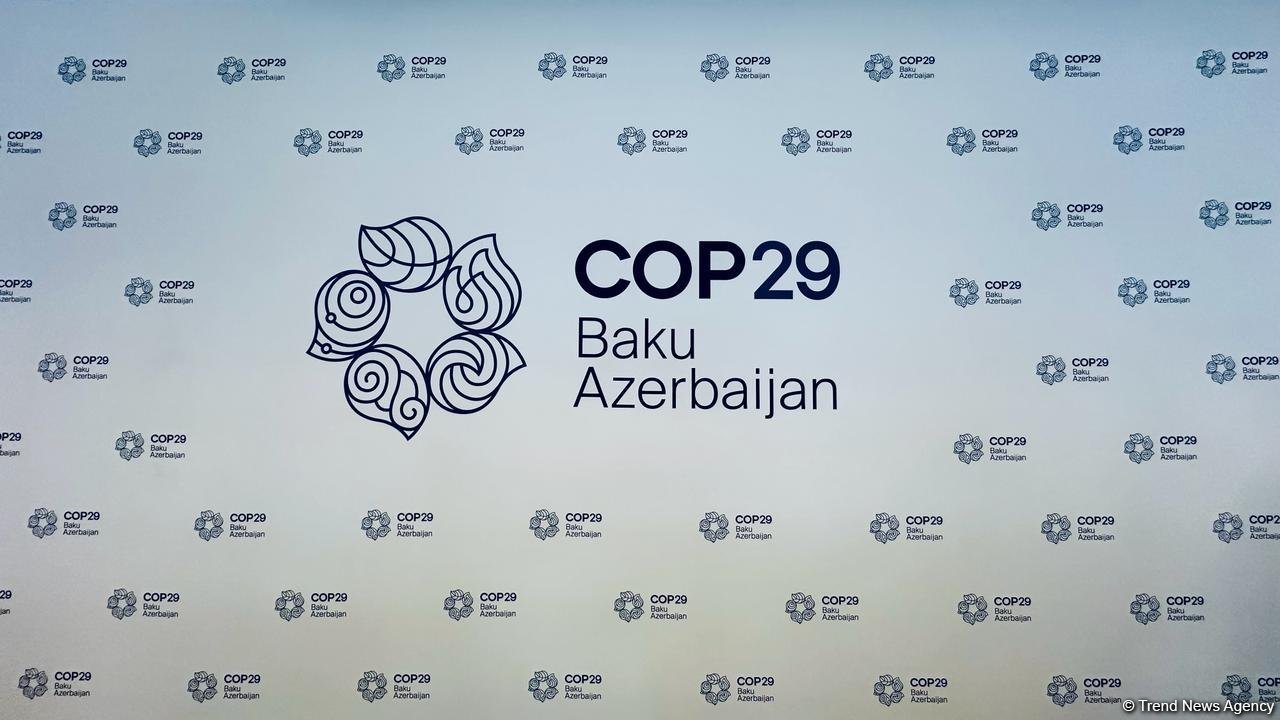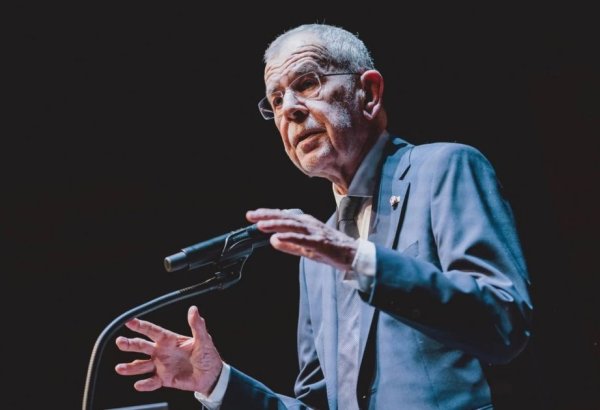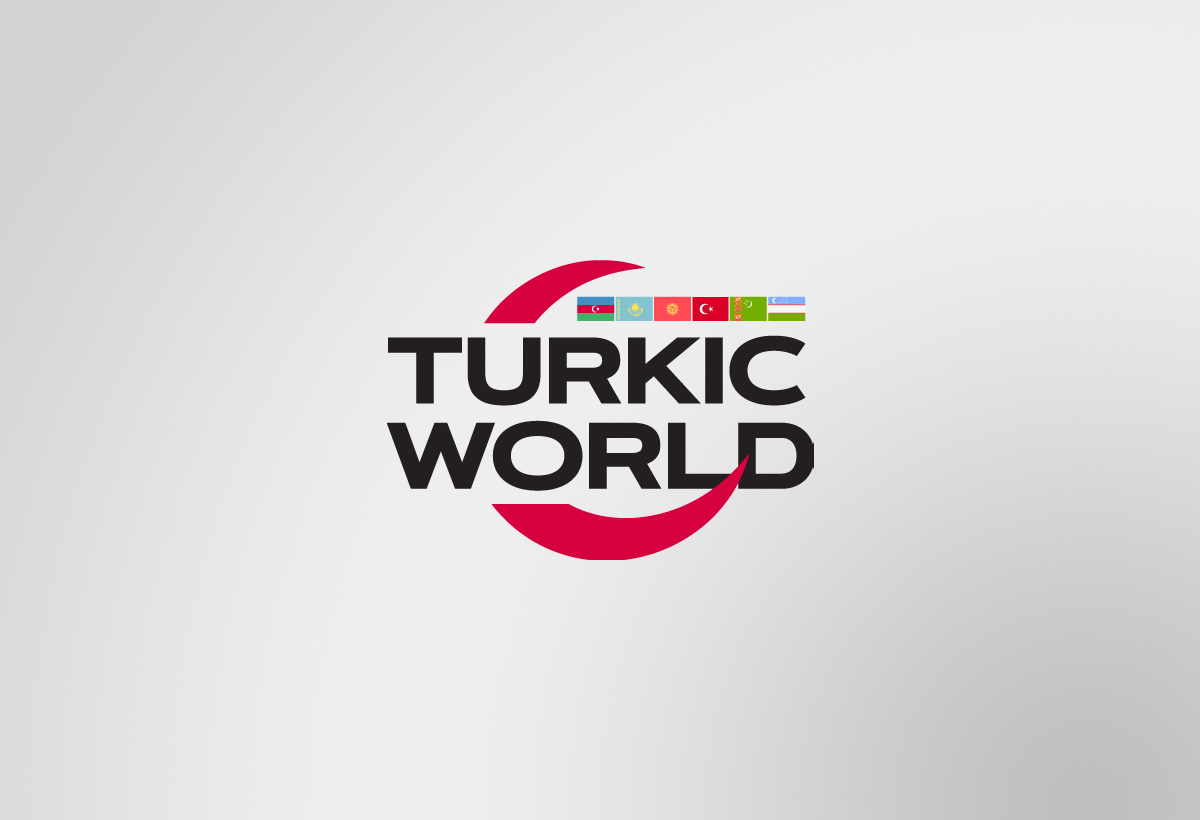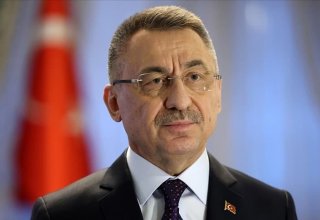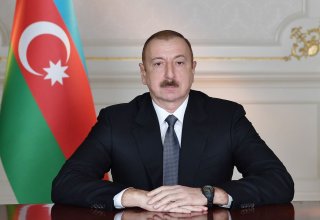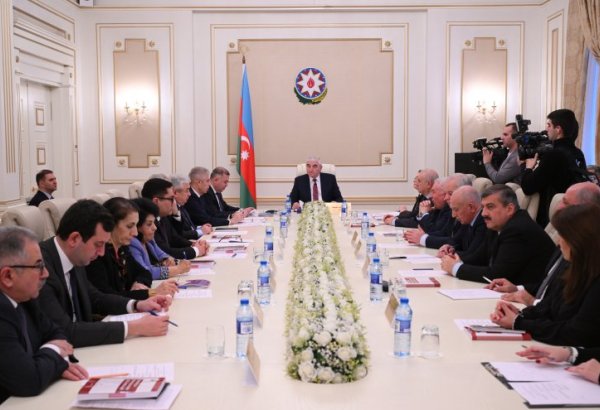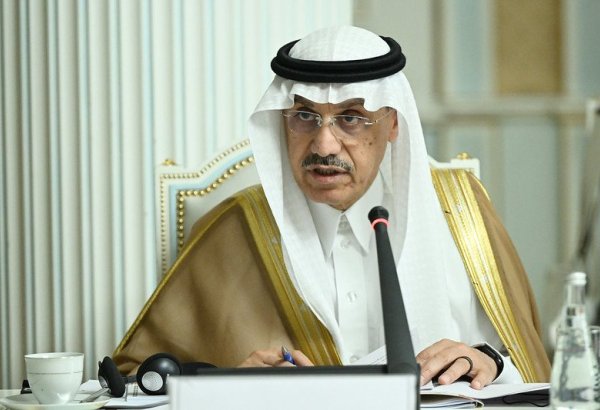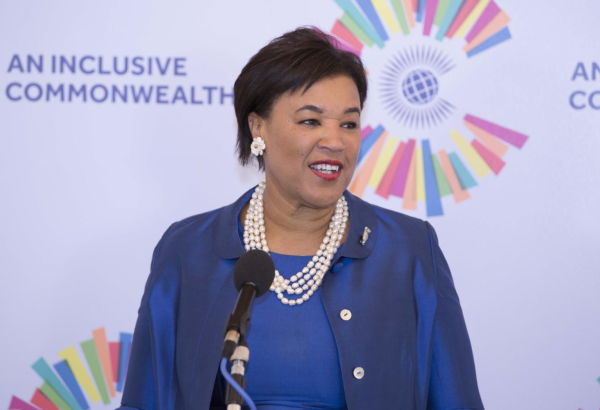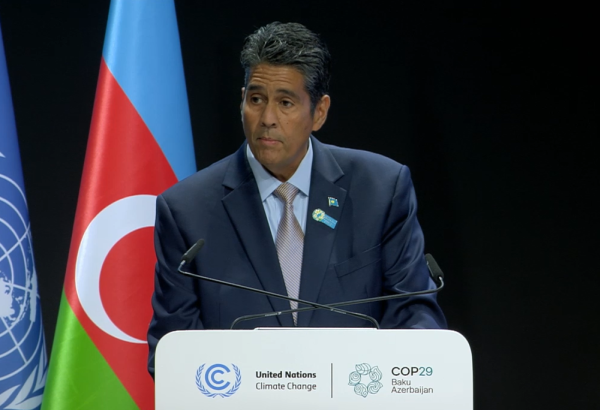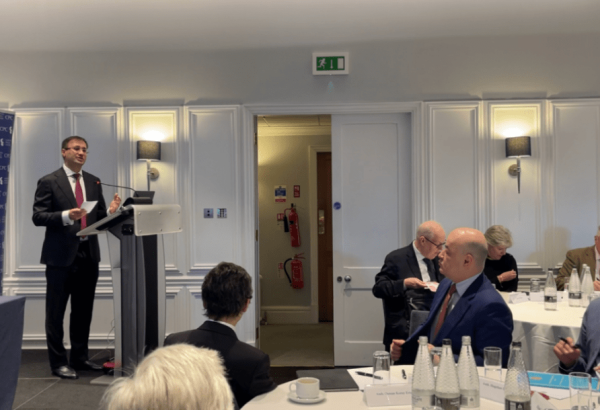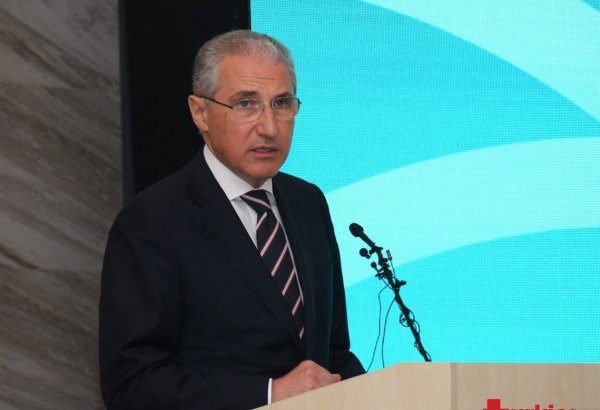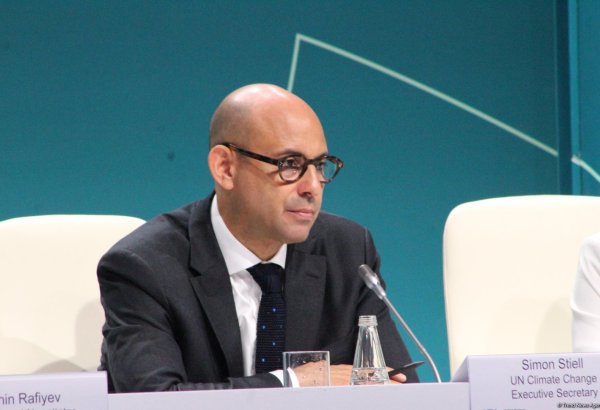BAKU, Azerbaijan, September 18. As Azerbaijan prepares to host the upcoming Conference of the Parties (COP) under the United Nations Framework Convention on Climate Change (UNFCCC), the country is looking to build on agreements from previous COPs and leave a lasting legacy. A key element in this process is the cooperation between governments that have led or will lead COP conferences, facilitated through the "Troika" mechanism. But how does this system work?
The "Troika" is a leadership structure designed to ensure continuity between COP presidencies. It includes the current, previous, and incoming COP presidents, providing guidance and support to maintain momentum in climate negotiations. The current president oversees ongoing climate talks, while the previous president offers advice based on past experience. Meanwhile, the incoming president prepares for the next conference, learning from the current process.
In this case, the Troika unites the UAE, Azerbaijan, and Brazil – the hosts of COP from 2023 to 2025. This mechanism was established to sustain progress in climate negotiations from year to year, ensuring that critical climate decisions are followed through and implemented over time.
COP29 will mark the first time a UN Climate Conference is held in the Caucasus, underscoring Azerbaijan’s growing prominence on the global environmental stage. This provides a platform for Azerbaijan and the region to highlight their climate challenges and solutions, particularly in light of the unique geographic and economic context. As a first-time host, Azerbaijan will benefit from the guidance of its Troika partners.
At COP28 in the UAE, significant milestones were achieved, including the completion of the first Global Stocktake, which called for a transition away from fossil fuels. Countries pledged to triple global renewable energy capacity and double energy efficiency by 2030. The Loss and Damage Fund was activated to support vulnerable nations, though it still needs more funding. Additionally, a framework for the Global Goal on Adaptation was created, but with no specific financial backing. Some key financial decisions, such as the New Collective Quantitative Goal (NCQG) for climate finance, were postponed until COP29. This new goal is intended to replace the outdated $100 billion annual commitment, aiming for the $5.8-$5.9 trillion needed by developing countries by 2030.
The Troika is crucial in fostering political consensus across multiple COPs, particularly on complex issues like climate finance, which often require prolonged negotiations. By maintaining a collaborative approach, the three presidencies can help navigate obstacles and rally support for vital climate commitments.
For Azerbaijan, COP29 is an opportunity to showcase its efforts in sustainable energy, including hydrogen development, solar and wind power, and green energy projects. The country plans to highlight initiatives like the Baku Initiative on Climate Finance and green economic zones, positioning itself as a leader in climate diplomacy. The summit will also enhance Azerbaijan’s role in international climate governance and raise the profile of the region in global climate discussions.
Looking ahead to COP30 in Brazil, the focus will be on ensuring countries commit to stronger national climate plans, due in 2025. The Troika will be instrumental in ensuring that progress continues across these conferences and that national commitments align with the goals of the Paris Agreement, while also considering sustainable development and poverty reduction efforts.
By working together across the next three COPs, the Troika aims to ensure consistent and ambitious progress toward global climate goals.








